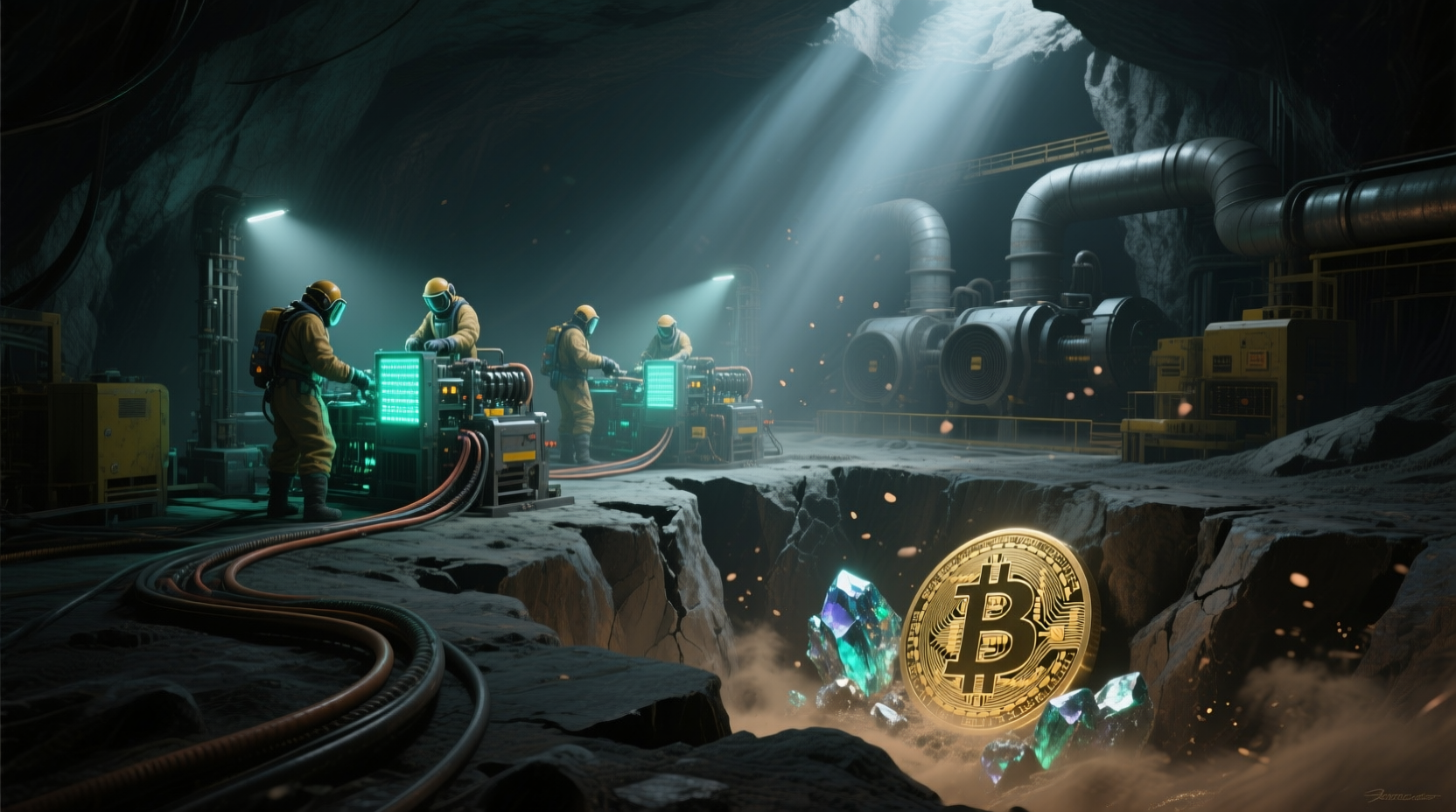Summary: Why are Bitcoin mining costs rising for U.S. miners?
U.S. Bitcoin miners are facing higher costs due to tariffs on imported mining equipment from China and other Asian countries. These tariffs, combined with supply chain disruptions, are making specialized hardware more expensive and harder to access. As a result, mining operations must navigate both financial and logistical challenges to maintain production.
U.S. Bitcoin miners have been сonfronting rising expenses and increased regulatory scrutiny as ongoing trade tensions create uncertainty, with potential Customs and Border Protection (CBP) disputes threatening significant financial liabilities for domestic firms.
The Miner Mag’s latest Bitcoin mining update noted that public miners continued to strengthen their position, with MARA, IREN, CleanSpark, and Cango accounting for nearly 20% of July’s block rewards. Among them, IREN reported the highest utilization rates.
Ongoing U.S.-China trade tensions have created a complex tariff landscape for Bitcoin mining equipment. The White House recently аdjusted duties on several Asian countries, setting the effective tariff at 57.6% for machines from China and 21.6% for equipment originating in Indonesia, Malaysia, and Thailand.
Related: Industry Celebrates the New $70M Domain Mogul But His Crypto Shadows Linger
Two U.S.-listed Bitcoin mining firms, IREN and CleanSpark, have reportedly been issued invoices by Customs and Border Protection over claims that portions of their equipment were sourced from China.
Additionally, the report noted that, aside from tariff concerns, mining revenues remain constrained, with the network’s hashprice holding under $60 per petahash per second and transaction fees contributing less than 1% of block rewards.
As Bitcoin mining faces mounting challenges, the sector’s supply chain is shifting. Leading Chinese manufacturers Bitmain, Canaan, and MicroBT are reportedly establishing produсtion facilities in the United States.
Related: Crypto Titans Bunker Down Now: Vitalik’s Austerity Vow, Binance $1B Bitcoin Shield
Together, the three firms account for more than 90 percent of the global market for mining rigs. They are best known for producing Application-Specific Integrated Circuit (ASIC) mаchines, the specialized equipment that underpins the Bitcoin network’s computing power.
Supply chain disruptions in mining equipment could inject added volatility into the market, with potential effects on both the cost and accessibility of the technology essential to crypto mining and transactions.
As the global Bitcoin mining landscape continues to shift, the long-term stability of the network will depend not only on hardware innovation but also on how resilient the industry proves in the face of disruption.












